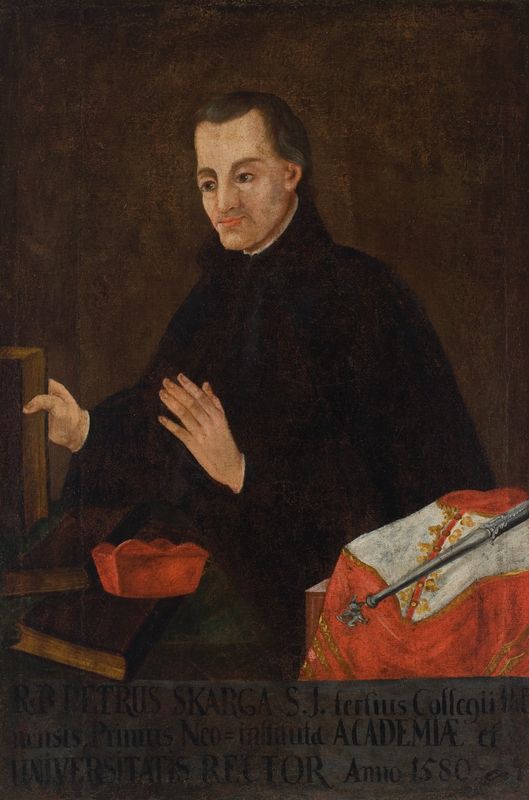Educational Commission
Do you remember being a student? Did you know that the basis for the educational system was established back in the 18th century? When the Jesuits left Vilnius, Vilnius University was left without owners, which paved the way for the establishment of an Educational Commission. It was the first secular ministry of education in Europe that aimed to take over education from the church and reform it. We should be grateful to this institution and the foundation it laid for modern academics.
The Educational Commission sought to make education compulsory for children of all social layers, aged 7 to 12. Children had to be taught natural and exact sciences, general education, practical agriculture and crafts, native language subjects and physical education. The first textbooks appeared in the second half of the 18th century; children had mathematics, physics, logic and botany textbooks. Books that had long been luxury items now became an attribute of daily life. Based on the ideology of the Age of Enlightenment, teachers started training in a professional manner in the Teachers’ Seminary.
Vilnius in the 18th century – like a phoenix rising from the ashes
- The Great Fires
- The Great Plague, War and Famine
- Jean Emmanuel Gilibert – Lithuania’s father of botany
- Educational Commission
- Laurynas Gucevičius (Stuoka-Gucevičius)
- Mykolas Kleopas Oginskis
- Vilna Gaon or Elijah of Vilna (Eyliohu ben Shloyme-Zalmen)
- Reconstruction of the Town Hall
- Johann Christoph Glaubitz and the Late Baroque of Vilnius
- Uršulė Radvilienė and Vilnius’ First Theatre

